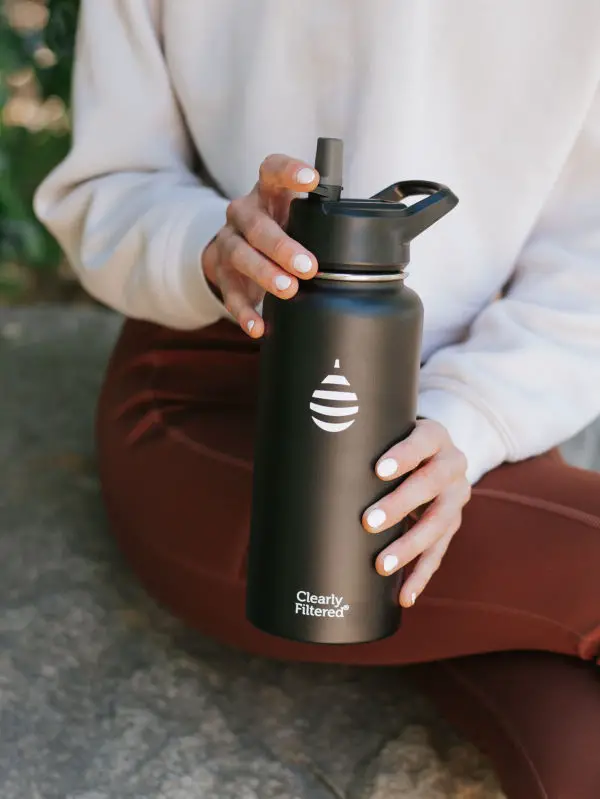When it comes to kidney health, the type and quality of water we drink can play a pivotal role. It’s important to know which brands of bottled water are good for our kidneys and which ones you may want to avoid.
Brands of bottled water with a balanced (and low) mineral profile are good for kidneys. Alkaline pH bottled water may be more beneficial for CKD patients’ kidney function compared to acidic water.
This article guides you through the essential factors to consider when choosing the right bottled water for kidney health. Some brands of water to approach with caution have also been included.
Our Kidneys
First, a primer on kidneys. These bean-shaped organs process around 200 quarts of blood daily, filtering out waste and balancing our bodily fluids. When exposed to harmful substances or thrown off balance, they can get damaged. This underscores the importance of the water we drink.
Factors to Consider
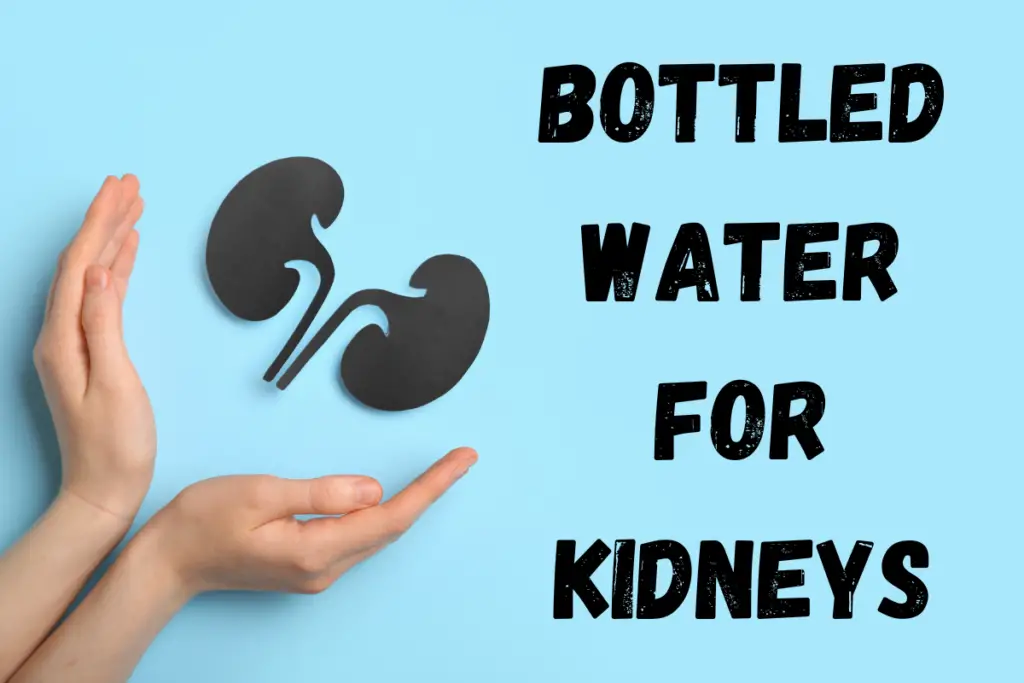
1. Alkaline Water and Kidney Health
Water with a pH greater than 7 is alkaline. Alkaline water might benefit those with Chronic Kidney Disease (CKD). CKD affects the kidneys’ ability to filter blood effectively, leading to waste accumulation. Some research suggests alkaline water can enhance kidney function in CKD patients, possibly by reducing blood and urine acidity. Individuals with CKD should seek their physician’s advice before consuming alkaline water, as it might not be suitable for their unique situation.
How It Affects the Kidneys:
- Potential Advantages: Alkaline water may aid those with chronic acidosis, where the body’s acidic state can stress the kidneys.
- Words of Caution: Drinking excessive amounts might lead to metabolic alkalosis, especially risky for those with compromised kidneys.
2. Acidic Water: A Double-Edged Sword
Water with a pH below 7 is acidic. This indicates a higher concentration of hydrogen ions. While rare, some bottled waters (especially certain carbonated varieties) can be slightly more acidic due to their source or carbonation.
Impacts on Kidney Health:
- Potential Risks: Acidic water might exert extra pressure on the kidneys as they work harder to maintain our body’s pH balance.
- Note: Overly acidic bottled water is rare, but some carbonated waters lean on the acidic side because of carbonation.
3. Minerals: The Good, The Bad, and The Essential
Water isn’t just H2O; it can also be a source of essential minerals. While minerals like potassium, calcium, magnesium, and sodium are essential, striking the right balance is important when dealing with kidney problems. Here’s how these minerals affect our kidneys:
Potassium: Essential for nerves and muscles, but a potassium imbalance can be a risk for people with kidney disease or are prone to kidney stones.
- Kidney disease: Potassium levels in the blood that are too high (hyperkalemia) or that are too low (hypokalemia) can both be of concern. Experimental studies have found that a high potassium intake can prevent the development of damage to various kidney structures in hypertensive rats. In humans, while some case reports suggest a correlation between chronic hypokalemia and renal lesions, comprehensive controlled trials are still required to ascertain if an increase in potassium intake can prevent kidney disease.
- Kidney stones: Calcium-based kidney stones – calcium oxalate or calcium phosphate – are the most common types of stones. Insufficient potassium intake can increase the risk for kidney stones by impairing calcium re-absorption within the kidneys.
Calcium: Crucial for bones, and balanced levels can deter kidney stone formation. A dietary intake of calcium of at least 1,000 mg per day is the current RDA for adults. Restricting your calcium intake can actually increase the risk in forming kidney stones. Excessive amounts, of greater than several grams per day, does however pose risks.
Magnesium: This mineral is vital for numerous bodily reactions. Adequate magnesium reduces the chances of oxalate kidney stone formation. Magnesium’s ability to counterbalance calcium is vital in reducing kidney stone risk. However, a low magnesium intake can diminish its protective effect, emphasizing the importance of adequate magnesium for kidney well-being.
Sodium: Needed for many body processes, yet too much sodium can strain the kidneys and hike up blood pressure. Monitoring bottled water with high sodium concentrations is crucial, especially for those with kidney conditions. An upper limit of 2,300 mg/day (about 1 teaspoon of salt) is the current RDA for sodium, but a restricted sodium intake of less than 2,000 mg/day may be more appropriate for those with chronic kidney disease (CKD), kidney failure, or high blood pressure. Sodium causes more calcium to be excreted by the kidneys, which increases the chances of developing kidney stones.
Bottled Water Brands Good for Kidneys:
Disclaimer: This list is not exhaustive, and recommendations might change as companies adapt their sourcing and processing methods. It’s always a good idea to check the mineral content and source information provided on the bottle’s label before purchasing. Always first check with your physician, health care professional, or registered kidney dietitian if you have any concerns around which bottled water is best for your individual needs.
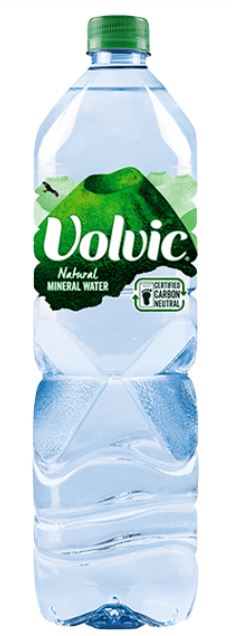
Volvic: Sourced from volcanic regions, Volvic has a unique and balanced mineral profile. It has a high silica content, but also contains low to moderate levels of calcium (12 mg/L), magnesium (8 mg/L), sodium (12 mg/L), and potassium (6 mg/L), which is ideal for the kidneys. Volvic also has a neutral pH of 7, making it a good option for many.
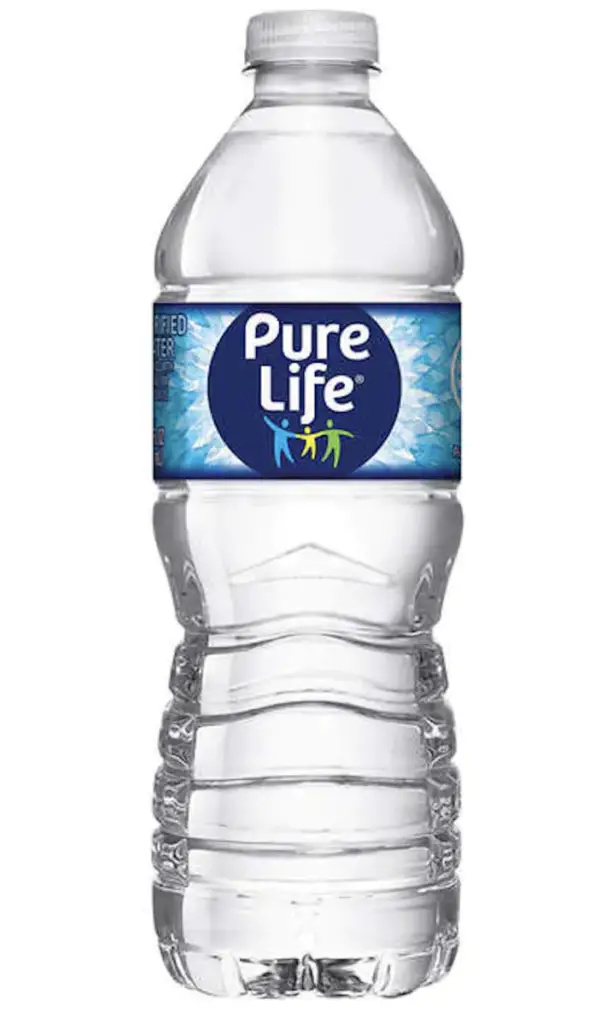
Pure Life (Nestlé): This purified water undergoes a multi-step filtration process, resulting in a consistent mineral content. The brand ensures controlled and stable levels of minerals, including calcium (27 mg/L), magnesium (10.5 mg/L), sodium (35.5 mg/L), and potassium (3.5 mg/L). The sodium level is somewhat higher than other brands, so choose another option if your physician or registered kidney dietitian has advised you to avoid sodium. The pH of Pure Life water varies based on its UK source. At Oakwood in Pembrokeshire, it registers a pH of 6.5 (slightly acidic), while in Lightwood, Derby, it measures at 7.8 (alkaline).
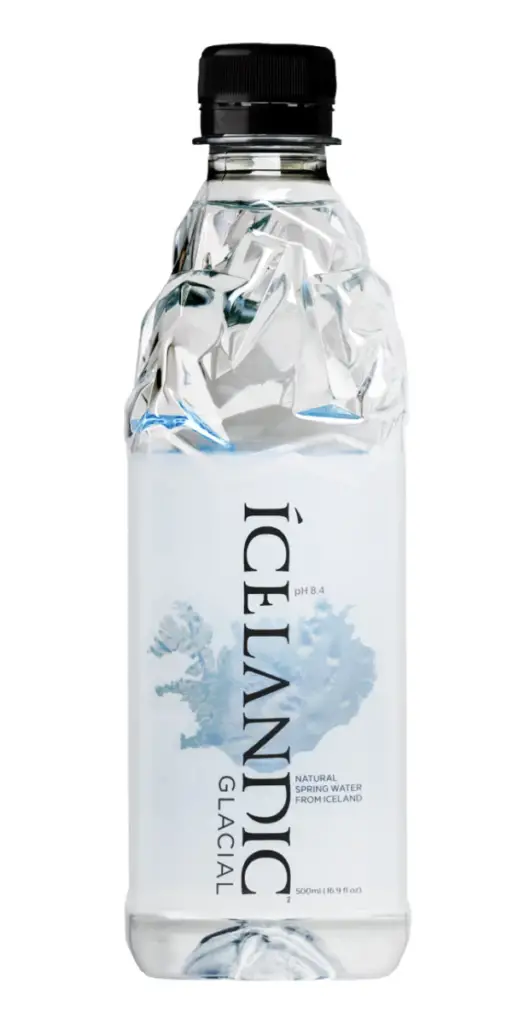
Icelandic Glacial Natural Spring Water: This water brand boasts a high alkaline level with a pH of 8.4 and presents a balanced mineral profile. If your doctor People with CKD should consult with their doctors before drinking alkaline water, as it may not be appropriate for their specific condition.With low concentrations of calcium at 5.7 mg/L, magnesium at 2.2 mg/L, sodium at 11 mg/L, and potassium at 0.7 mg/L, it is a fitting choice for people with kidney issues.
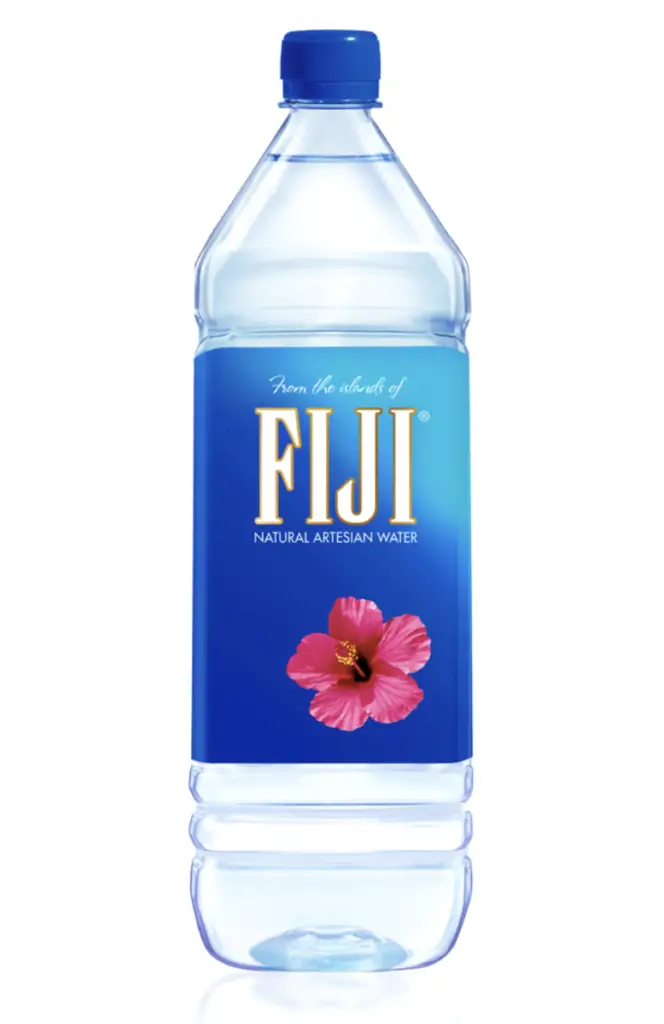
Fiji Water: This brand is renowned for its soft, smooth taste, attributed to its high silica content of 93 mg/L. With balanced mineral levels, including low levels of potassium at 4.9 mg/L and sodium at 18 mg/L, it’s a favorable choice for those with kidney concerns. Additionally, its slightly alkaline pH of 7.7 further underscores its suitability for kidney health.
Brands to Approach with Caution:
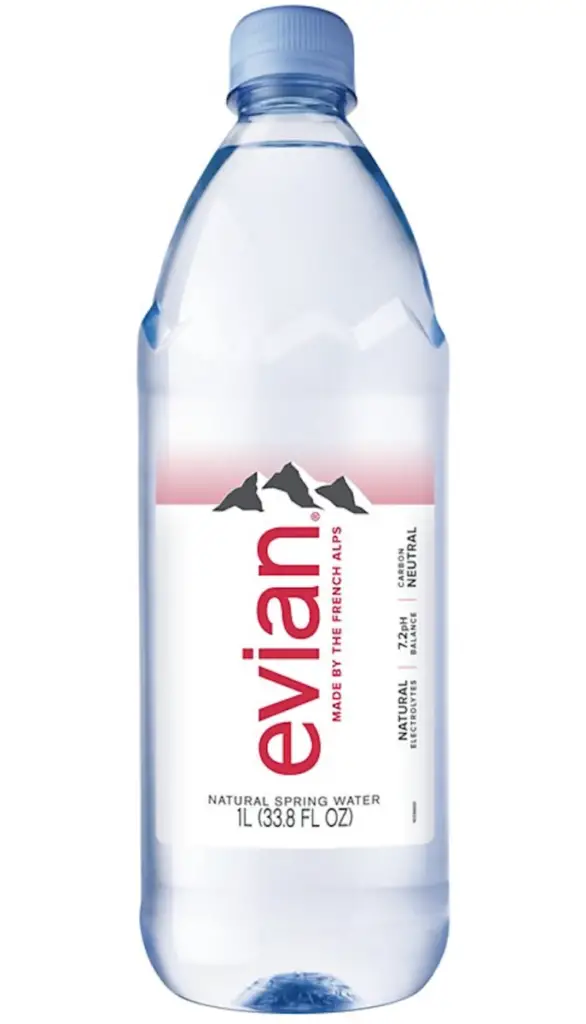
Evian Natural Spring Water: Compared to some other brands, Evian natural spring water has a high calcium content at 80 mg/L. While calcium is great for most individuals, if you have been advised to limit your calcium intake then perhaps give Evian a miss.
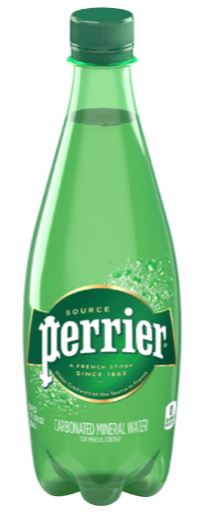
Perrier: Being a carbonated mineral water, Perrier has a slightly acidic pH (5.5 – 5.46), which might not be ideal for those watching their kidney health.
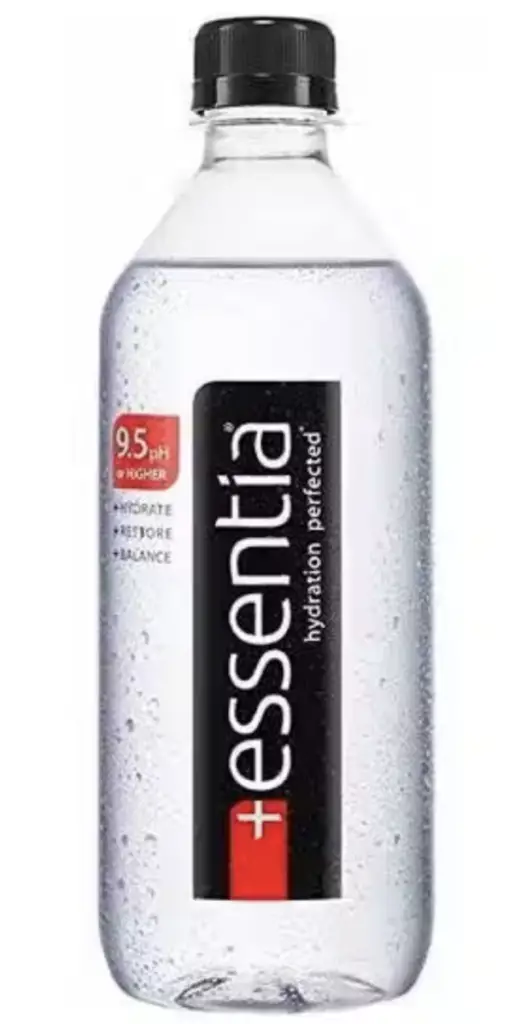
Essentia Water: Reason: While Essentia markets itself as an alkaline water brand with a pH of 9.5 that may help with acid-base balance, it’s essential to note that it has added electrolytes for taste. The brand doesn’t specify the quantity of individual minerals on its general labeling, so those with kidney issues should be cautious.
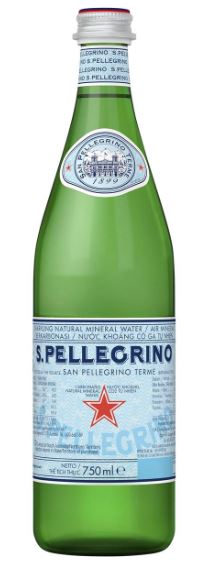
S. Pellegrino: This is a sparkling natural mineral water. Its carbonation can result in a slightly more acidic pH of 5.6. You often see S. Pellegrino advertised as having an alkaline pH of 7.7, but this is the pH at the source (as it comes out of the ground in Italy) not when it’s sold on the shelves (pH 5.6). It also has a significant mineral content (1,109 mg/L), which might not be ideal for kidney problems and those at risk of forming kidney stones.
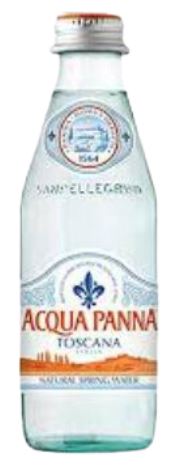
Acqua Panna: This water is known for its relatively high calcium content (32 mg/L). While calcium is vital for bone health, those prone to calcium oxalate kidney stones might want to limit their intake of high-calcium water.

Smartwater – vapor distilled + electrolytes: This water is first vapor distilled, purified, then certain minerals (electrolytes) are added back in. However, the brand doesn’t detail the amount of these added minerals on their website or standard labeling, making it essential for individuals with kidney issues to exercise caution.
6 Proactive Measures to Prevent Kidney Stones
To prevent kidney stones, the national kidney foundation recommends to:
1. Stay Hydrated: Activities that cause excessive sweating can reduce urine production, which, in turn, can increase the risk of kidney stones. Thus, drinking ample water, especially during vigorous activities, is essential. Although this is hard to measure, you should aim to urinate at least 2.6 quarts per day (2.5 L/day).
2. Watch the Oxalate: While it’s essential to monitor oxalate-rich food intake, it’s equally vital to pair these foods with calcium-rich foods to reduce the likelihood of stone formation.
3. Embrace Calcium: A misconception persists around calcium’s role in kidney stone formation. Contrary to this belief, a diet low in calcium can increase the risk of developing kidney stones. However, it’s best to avoid calcium supplements unless directed by your physician or registered kidney dietitian.
4. Consistent Care: The occurrence of even a single kidney stone increases the risk of recurrence. It’s crucial to adhere to prescribed medications and dietary adjustments to prevent further stone formation.
5. Lemonade as a Remedy: The citrate in lemonade can help in preventing certain kidney stones. Consuming citrus juices, especially lemon juice, can be beneficial, though it’s essential to monitor sugar intake.
6. Diversify the Diet: Not all kidney stones are identical. For instance, uric acid stones form due to high purine intake from foods like red meat and shellfish. To prevent these stones, it’s advisable to maintain a balanced diet that includes fruits, vegetables, whole grains, and low-fat dairy products.
Wrapping Up
When prioritizing kidney health, it’s essential to be mindful about the water you consume. Always read the label, and be aware of any recent studies or reports regarding bottled water brands. While the brands mentioned above are generally safe for the broader public, those with kidney concerns might want to be more cautious.
And as always, consult with a physician, health care professional, or registered kidney dietitian when making dietary or hydration choices related to kidney health conditions.
The Best Water Filter Bottle We’ve Ever Used
Clearly Filtered | Stainless Steel Filter Bottles
We really love these filter bottles for keeping your drinks cool and contaminant free! They remove 99.9% of over 220 contaminants and use BPA-free plastics and double-walled stainless steel to produce some awesome looking designs with numerous bottle sizes for every situation. You can find them here at Clearlyfiltered.com
The Best Water Filter Bottle We’ve Ever Used
Clearly Filtered | Stainless Steel Filter Bottles
We really love these filter bottles for keeping your drinks cool and contaminant free! They remove 99.9% of over 220 contaminants and use BPA-free plastics and double-walled stainless steel to produce some awesome looking designs with numerous bottle sizes for every situation. You can find them here at Clearlyfiltered.com

